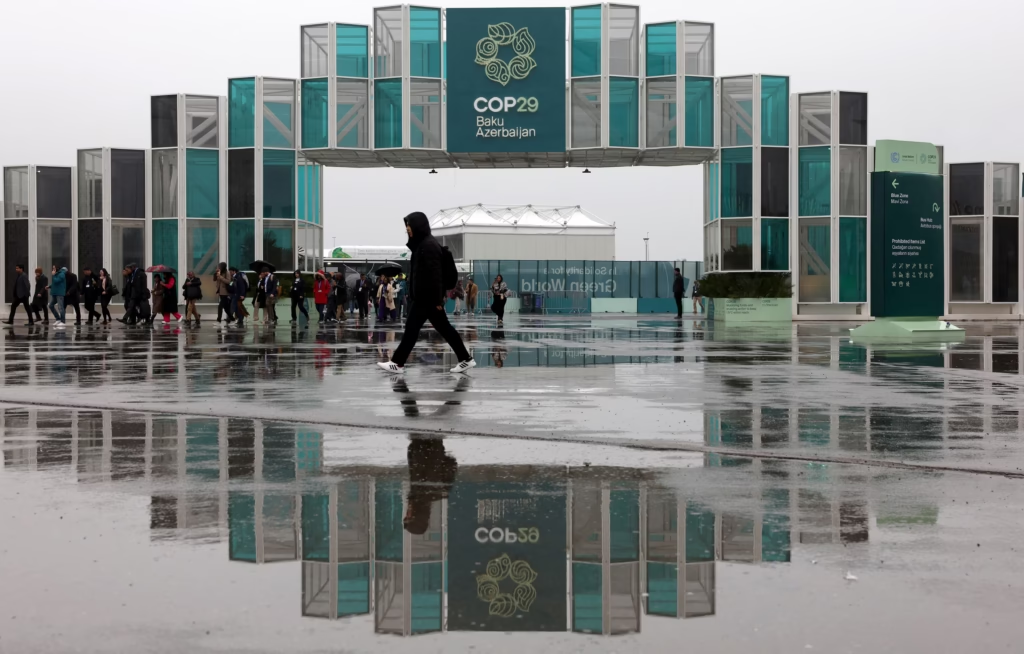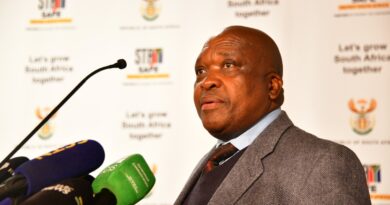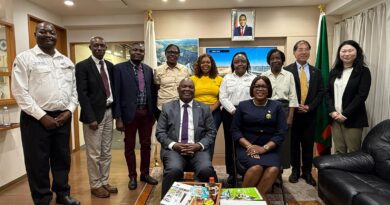UNECE Advocates Energy Transition Financing and Regional Climate Action at COP29 in Baku
The United Nations Economic Commission for Europe (UNECE) took center stage at COP29, focusing on energy transition financing, environmental cooperation, and decarbonization of transport.
Led by Executive Secretary Tatiana Molcean and Deputy Executive Secretary Dmitry Mariyasin, UNECE presented tools and strategies to support Member States in addressing climate change and scaling up transition finance.
Highlighting the urgency of a carbon-free future, UNECE emphasized the need for $1.6-$3.8 trillion in annual investments to meet Paris Agreement targets.
Partnering with the High-Level Climate Champions, UNECE showcased $15 billion worth of energy transition projects in Central Asia and the Western Balkans, leveraging its Public-Private Partnerships (PPP) and PIERS framework for sustainability alignment.
At a high-level event co-hosted with the International Atomic Energy Agency (IAEA), UNECE underscored the role of zero- and low-carbon technologies in powering the electrification and digitalization of societies. Collaborations with the International Renewable Energy Agency (IRENA) and Azerbaijan’s Ministry of Energy aim to accelerate renewable energy adoption in Central Asia.
Transport decarbonization also featured prominently, with UNECE, ICAO, and IMO aligning strategies to reduce greenhouse gas emissions across aviation, maritime, and inland transport sectors. UNECE’s Strategy on Reducing GHG Emissions from Inland Transport targets net-zero emissions by 2050.
UNECE highlighted its Water Convention as a model for transboundary climate action, with initiatives like the Baku Dialogue on Water for Climate Action aiming to strengthen regional cooperation.
Local climate solutions were also spotlighted, with UNECE advocating for urban sustainability through the Forum of Mayors and integrating urban strategies into Nationally Determined Contributions (NDCs).
The unveiling of the SPECA Multi-Partner Trust Fund and Climate Innovation Dialogue marked a milestone in UNECE’s regional partnerships, advancing digitalization, trade, and sustainable development across Central Asia.



